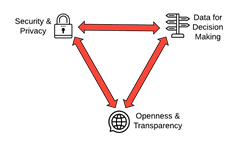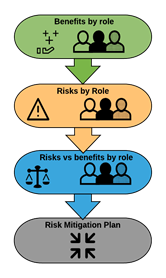The Ethics of Data: Who Benefits and Who Risks
As we start to enter the third decade of the 21st century, we realize that we have new abilities to capture and use data in ways previously unimaginable. From remote sensors, drones, internet of things, eHealth, eGovernment, mobile money, biometrics, blockchain, machine learning and artificial intelligence, and big data, we now can collect and have access to data that has never existed before.
But with these new opportunities come new responsibilities:
- Effectively use this data to benefit society via our work;
- Make data available for a public good; AND
- Protect – especially vulnerable communities and individuals - against misuse of this data, as with new data comes new risks that we have never had before.
But how do we identify those risks?
And how do we balance them against the potential benefits from the use of data?
And how do we support openness and transparency without violating privacy?
Sonjara, using research funded by USAID through the mSTAR activity to produce the Considerations for Responsible Data Usage at USAID, produced the Benefit Risk Assessment Framework Workshop (PPT) - a interactive workshop that walks attendees through the process of analyzing the benefits of potential project data, by different user groups, and the risks associated with the data, with some simple metrics to help you identify and prioritize which data needs to be captured and which needs to be protected.
The workshop uses the ethical lens of context-centered responsible data: defined as balancing the tensions between security/ privacy, data for decision making, and openness and transparency.
This document is published on creative commons with attribution. Please feel free to share and adapt to your own purposes!
This publication was prepared partially based on research funded through a Subcontract by Family Health International under Cooperative Agreement AID-OAA-A-00073 funded by USAID. The content of this publication does not necessarily reflect the views, analysis or policies of FHI 360 or USAID, nor does any mention of trade names, commercial products, or organizations imply endorsement by FHI 360 or USAID.
« Back to Sonjara Blog



